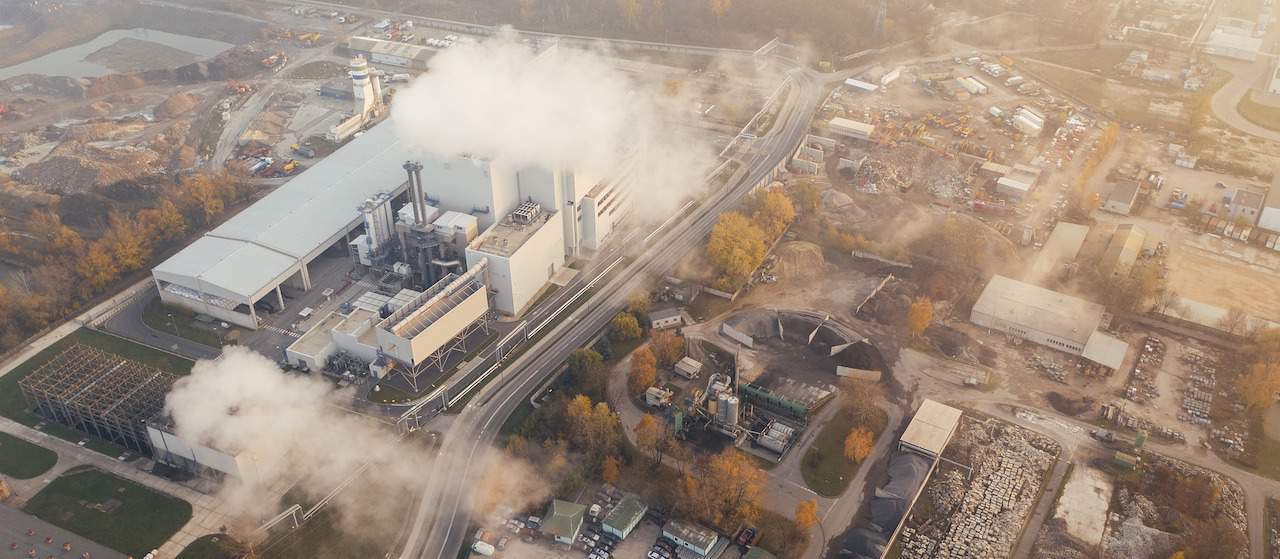
“Some people say that we should study to become climate scientists so that we can ‘solve the climate crisis’. But the climate crisis has already been solved. We already have all the facts and solutions. All we have to do is to wake up and change.” (Greta Thunberg)
Considering the complexity of the Earth system and the uncertainties inherent in modelling it, climate science has been a runaway success. A recent meta-analysis of climate models dating back to the 1970s finds their predictions to be highly accurate in forecasting average temperatures. Remarkably, ten of the models showed no statistical difference between projected and observed data. What climate science implies for individuals, societies and ecosystems is far less certain. – but it has given us a relatively clear idea of the “carbon budgets” available to us if we wish to have an outside chance of remaining within certain geophysical boundaries. Our accumulated knowledge of human influence on the climate system lead to the inescapable conclusion that rapid, massive and fundamental change is needed. As late Harvard economist Martin Weitzman pointed out – in defiance of conventional climate-economics wisdom at the time – even small “fat tail” risks of catastrophic outcomes should prompt greater and faster action than most conventional economic models would suggest.
When it comes to implementation, we have some of the answers, but not all of them. We do know what needs to happen, and in some cases how to do it. The technical means to decarbonise power generation and road transport largely already exist, for instance. The cost of the zero-carbon electrity required to make progress are falling rapidly and will likely continue to do so, while the all-in social costs of extending fossil fuel extraction and use will only rise in the long term.
We Know What Is Required, But Doing It Is Not Plain Sailing
While most energy system decarbonisation is achievable with today’s technology, increasingly at today’s prices, the remaining 30% will increasingly require hard graft and hard choices. Every plausible route to net zero emissions – and certainly to ‘hard’ net zero, the removal historical emissions from the atmosphere – requires widespread and affordable carbon capture and storage (CCS) technology. Some CCS facilities are operational in some places, but are not yet economically viable for most applications and a very long way behind where they need to be. Stabilising global temperatures will eventually require transitioning to negative emissions. Without CCS, unless the cost of direct air capture technologies fall considerably, we don’t know have a route to doing that yet on a large enough scale. Ultimately, if today’s governments don’t sink massive resources into solving the last 30% starting now – with the unprecedented COVID-19 fiscal recovery spending packages presenting a golden opportunity to do so – we risk finding ourselves in 2040 in a moderately low-emissions economy with no realistic pathway to net zero. Placing vague faith in as-yet undeveloped future technologies on which the future hinges, is a dangerous strategy.
Technologies and prices are not the whole story. Climate action campaign narratives, especially in wealthy countries, place ‘awareness’ on a pedestal in their theory of change. Being aware of a problem is often the first step to doing something to solve it, true. But “wake up and change” is a simple mantra for a very complex problem in which individualism achieves little.
Six Considerations for Lasting and Effective Climate Action
1. Individuals making lifestyle changes doesn’t, regrettably, matter much. As late physicist David Mackay put it, “if everyone does a little, we’ll achieve only a little.” Individual action makes a measurable difference only when it influences other actors and decision-makers within the system to take similar actions, –triggering positive feedback mechanisms that mirror those in the climate system itself. We need to be much smarter in identifying the social-behavioural sensitive intervention points that can generate this systemic impact.
2. Received wisdom on sustainable behaviour is usually to good to be true. Well-meaning initiatives promoted with incomplete or flawed information can be harmful. The promotion of paper bag usage over plastic bags is one example. Less plastic seems (and is) appealing, but additional deforestation caused by rising demand for paper isn’t much good either. The conflation of ‘food miles’ with carbon emissions is another: while there may be other merits to buying food locally, the carbon footprint of the resulting food isn’t often one of them.
3. Politics is hard. Today’s world is intensely interconnected through trade, migration and finance. for Many of the world’s largest developing economies are net exporters either of fossil fuels or products created using them, and the incentives for a managed decline of carbon-intensive activity are rarely clear-cut. Governments’ concerns about the impact of decarbonisation on growth, energy costs, competitiveness and employment, and the deeply entrenched interest groups that support these increasingly misguided views (from national oil companies to car manufacturers), continue to have the upper hand in most countries at risk of locking in high carbon development pathways.
4. Follow the money. The world’s electric utilities and car companies have been cashing in on exponential growth in renewable energy deployment and electric vehicle sales, but their fossil-fuel portfolios are, on balance, continuing to grow because it still makes financial sense to play both sides. Similarly, even as they laud the growth of green bonds, financial institutions still provide huge amounts of financing for high-carbon assets, despite the growing risks of these investments becoming “stranded assets”. The majority of the world’s fossil fuel resources and power plants are directly controlled by governments with every incentive to generate as much economic value as possible from them before the music stops. Almost everyone is still busy having their cake and eating it.
5. Climate action has highly localised costs, often concentrated in particular communities that, partly through historical dependence on fossil fuel-based industries and exposure to commodity market volatility, are more likely to be relatively underdeveloped. The fossil fuel industry still employs tens of millions of real people dependent on it for their livelihoods, and used by billions for a vast array of everyday tasks. “Wake up and change” is not much of a choice for most of China’s 3 million coal miners, and not easy for the government either – partly reflected in the apparent contradiction between Xi Jinping’s 2060 carbon neutrality announcement in September 2020, and the approval of almost 40GW of new coal-fired power plants last year (more than 2017-19 combined).
6. Check your privilege. Decision-makers in less developed countries with limited financial resources (particularly those on the front lines of climate change with little role in causing it but everything to lose), still face harsh trade-offs with immediate consequences, between meeting basic needs of rapidly expanding populations, and investing in low-carbon infrastructure. Simply telling such countries and their people to “wake up and change” is not particularly helpful.
Looking Ahead: Glasgow and Beyond
We don’t need to model the climate system perfectly to achieve clarity on the monumental task facing humanity today. In many areas progress is good. In others, looming question marks remain. Placing the onus on individuals, and declaring individual action as the key to progress, is a dangerous game, however – ethically and empirically inconsistent with how social and economic systems works. National governments demonstrated at the COP25 climate negotiations last year that they are still obstacles to change, even with most major oil companies now calling for carbon pricing. At COP26 in Glasgow this November, this must change permanently, but we must also remain clear-eyed in understanding what is required. The climate challenge is not unsolvable, but Greta’s call to action is the first step on a long and winding road. Success will depend on smart, diversified, pragmatic and above all, inclusive, strategies.
An article by Alex Clark, YGC 2020.
___
The views and opinions expressed in this article are those of the author and do not necessarily reflect the views of the Global Solutions Initiative.
___

Alex, a Young Global Changer of 2020, is a DPhil student in the Department of Geography and the Environment at Oxford University. His research focuses on the role of state-owned enterprises in the low-carbon transition and management of stranded asset risks, with a focus on China. As Director of the GeoAsset Project, Alex is also working to develop open-source asset-level data across carbon-intensive sectors. He is Senior Advisor (Youth Financing) to SDSN Youth.
